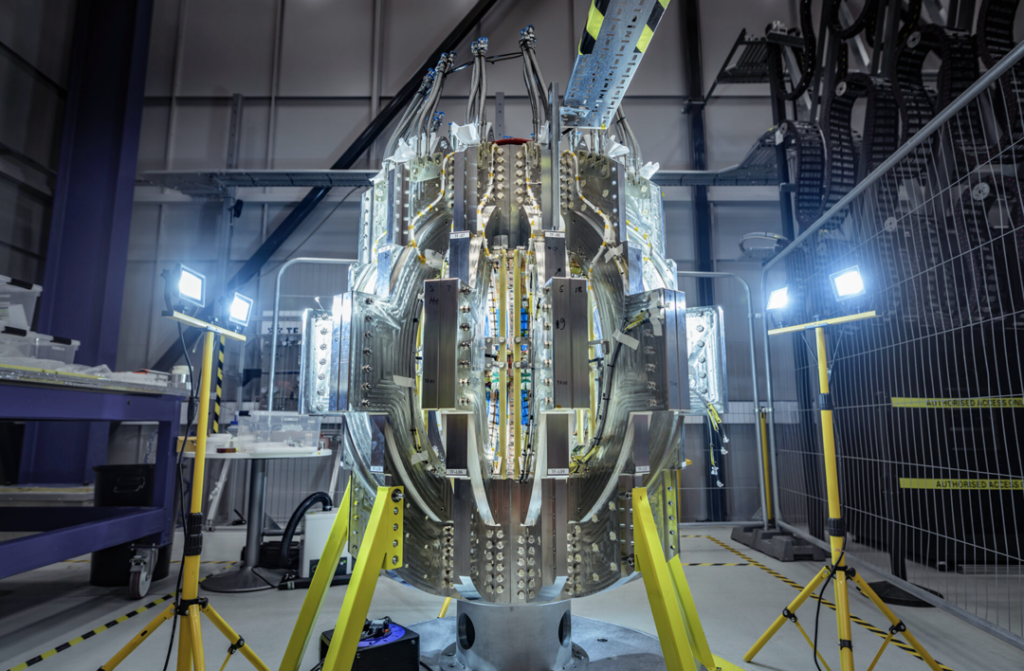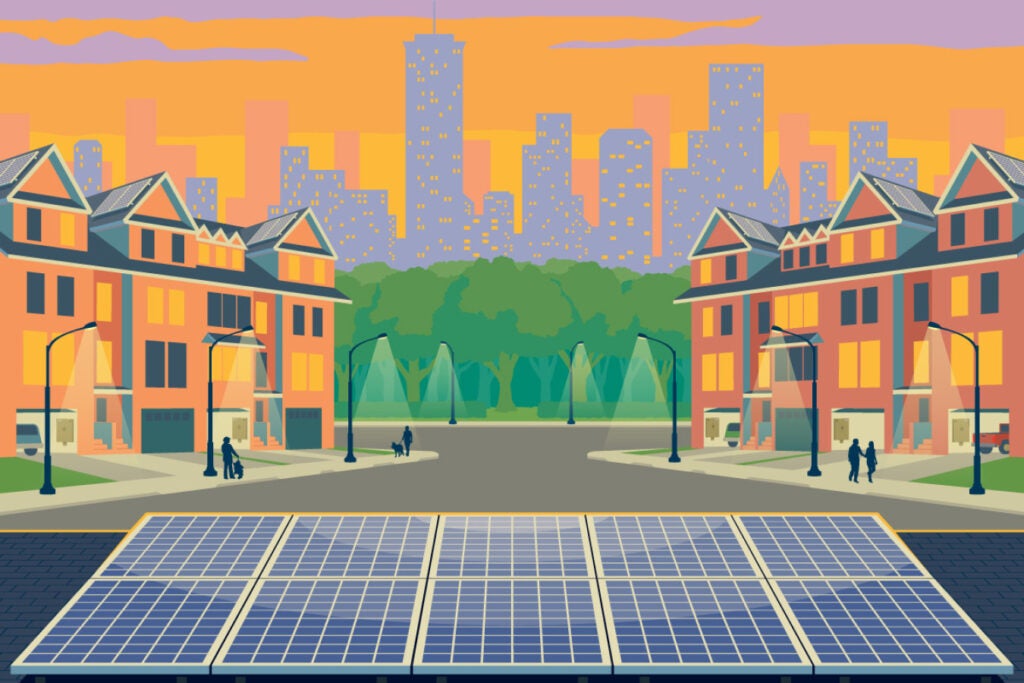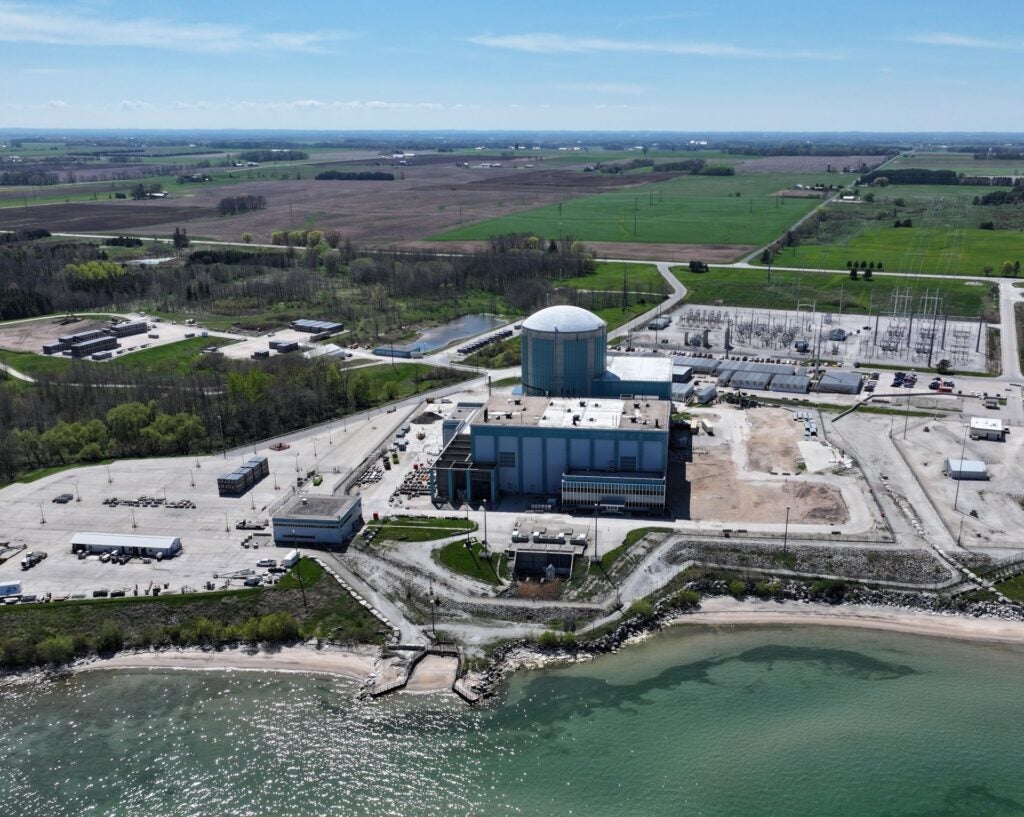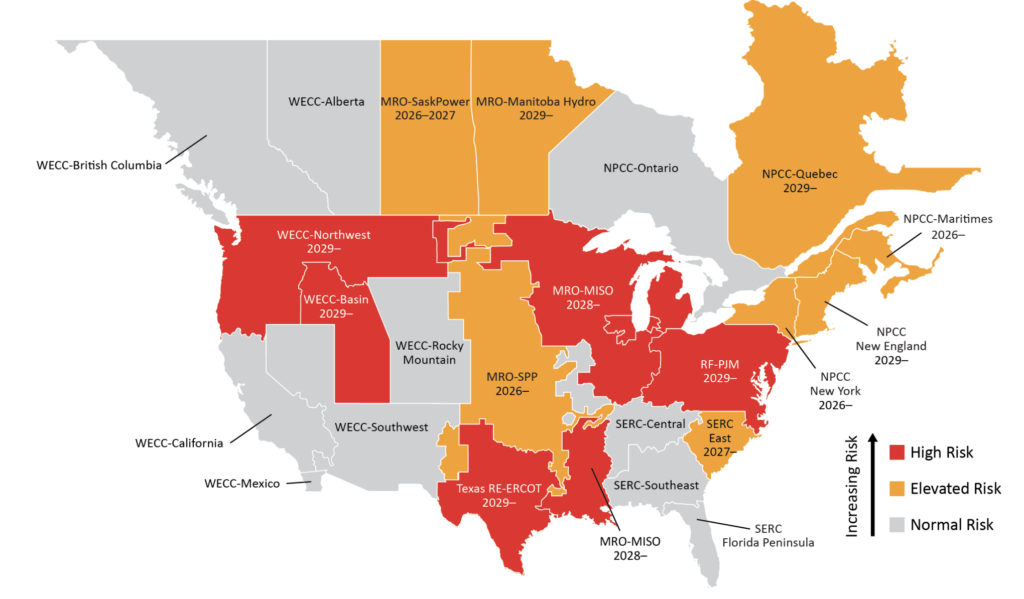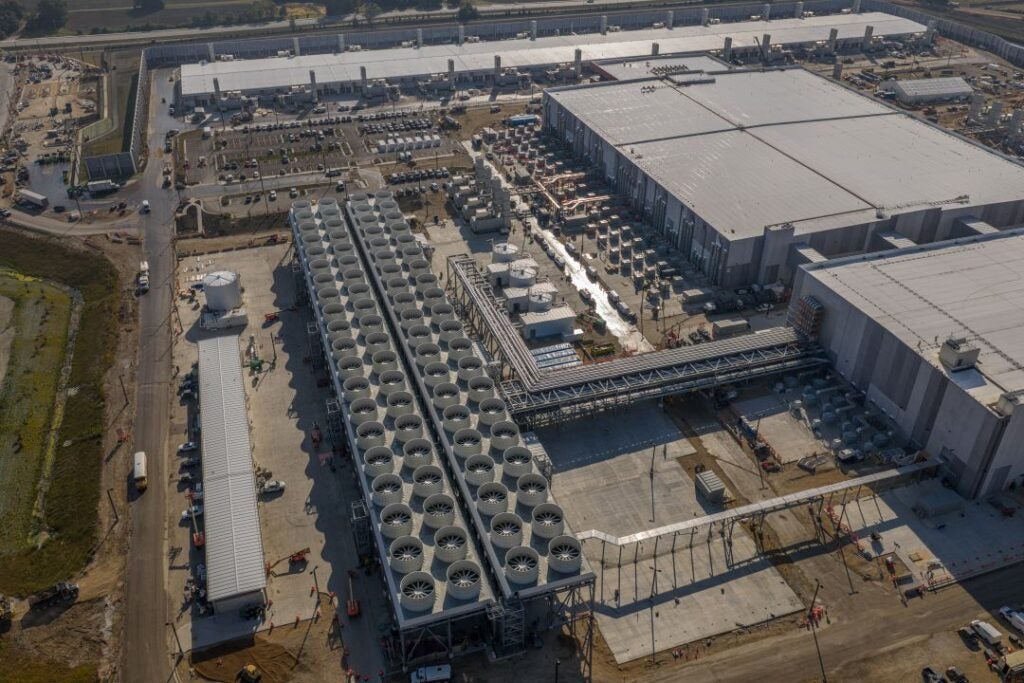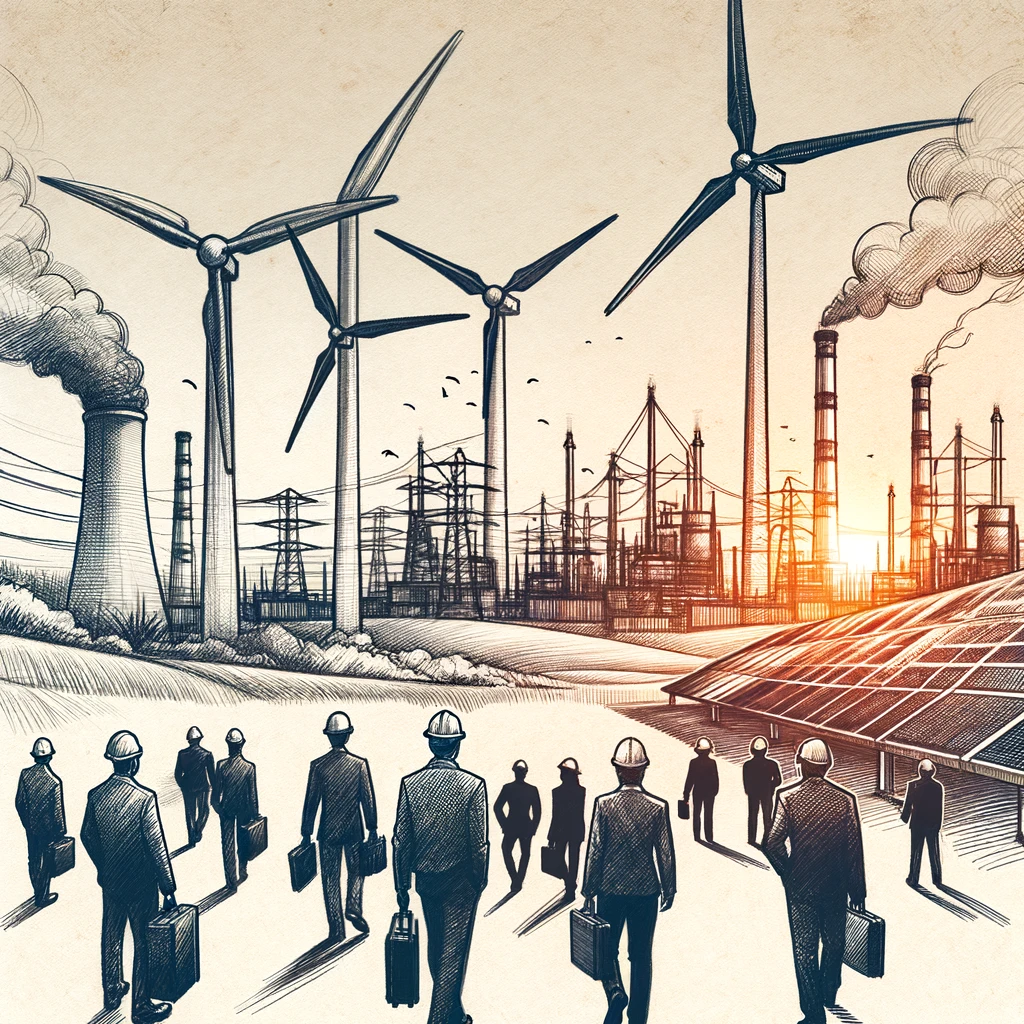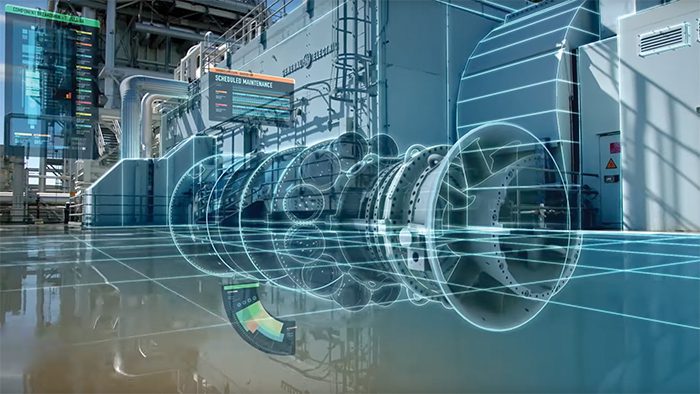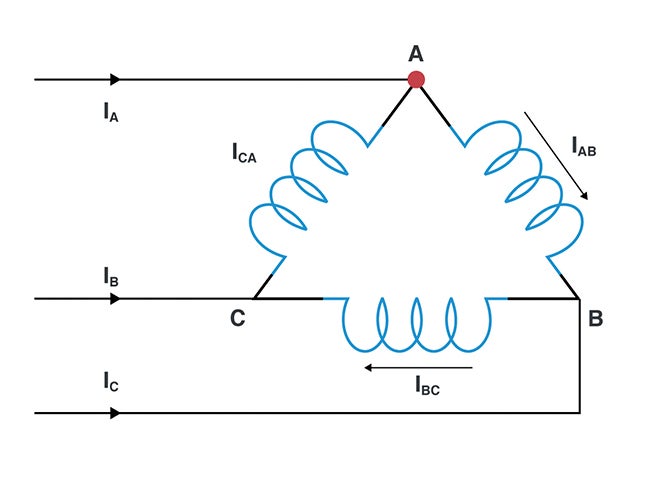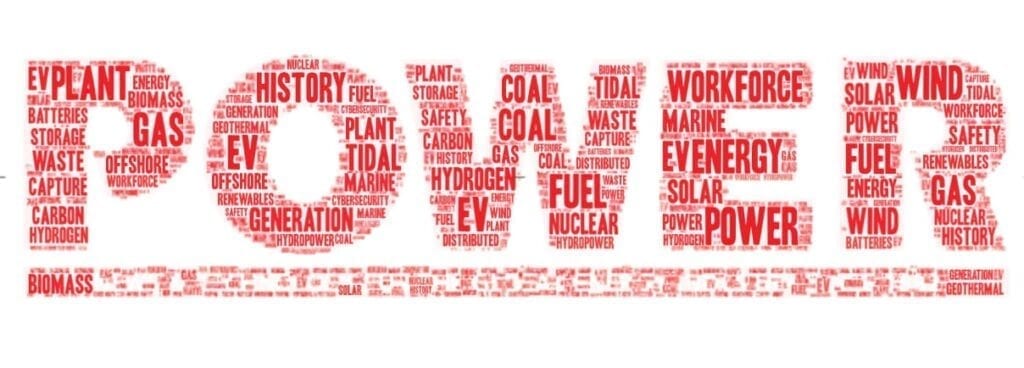Artificial intelligence (AI) and natural language processing (NLP) promise to transform the energy sector by enhancing efficiency, optimising power systems, and improving consumer engagement. AI can enable grid operators to predict demand, optimise renewable integration, and enhance grid stability. Meanwhile, NLP helps extract insights from policy documents, technical reports, and consumer feedback, making energy systems smarter and more sustainable. According to the International Energy Agency (IEA), AI-driven applications could boost efficiency by up to 15%.
But what about the consumers? Can they also benefit from the use of AI and NLP? Absolutely! AI and NLP are not just tools for grid operators and policymakers—they also provide significant advantages for consumers by making energy more accessible and understandable. From personalised energy-saving recommendations to AI-powered assistants that simplify market complexities, these technologies empower individuals to take a more active role in the energy transition.
The European Commission (EC) is already investing more than €1 billion annually in AI research, including energy applications. One of the projects that is being supported by the EC research framework, under the Horizon Europe programme, is EU-DREAM (Effective Uptake of Digital Services to Repower European Consumers and Communities as Active Participants in Energy Transition and Markets). It focuses on improving consumer interaction with the energy market, aiming to simplify complex energy management processes and enhance customer awareness, trust, and confidence through the introduction of an AI-based assistant and an NLP intermediary.
How Is EU-DREAM Using AI and NLP?
The use of AI in EU-DREAM is translated into the AI-based assistant. Imagine having a friendly digital helper that explains complicated energy market details in simple terms. This assistant uses AI to make the energy market easy to understand for everyone. The same AI-based assistant uses NLP to understand and respond to questions about the energy market, explaining complex energy terms in simple language, making it easier for everyone to understand. The ability to handle common questions and provide instant answers leads to an improvement in the overall customer support experience.
Furthermore, AI helps to create digital twins, a virtual replica of a household, to collect information from appliances, helping consumers make smart choices regarding their energy behaviour. AI can also analyse huge amounts of data to find useful patterns and trends. This helps in making smart decisions about how energy is produced, distributed, and used. Finally, by studying how people use energy, AI and NLP can suggest to users personalised ways to save energy and participate in energy markets more effectively.
As energy systems evolve, AI and NLP will play an increasingly central role in ensuring efficiency, resilience, and consumer empowerment. By combining predictive analytics, intelligent automation, and user-centric insights, these technologies drive the transition toward a more sustainable and participatory energy landscape. EU-DREAM exemplifies how AI and NLP can bridge the gap between complex energy markets and everyday consumers, making the energy transition a reality for all. As more projects and policymakers embrace these innovations, the future of energy will be not only smarter, but also more equitable and accessible.
The EU-DREAM project is led by the University of Porto (Portugal) and 16 other partners from nine countries. It is funded by the European Union’s Horizon Europe programme, under agreement 101160614.
—João Catalão is a full professor in the faculty of Engineering of the University of Porto, Portugal.


